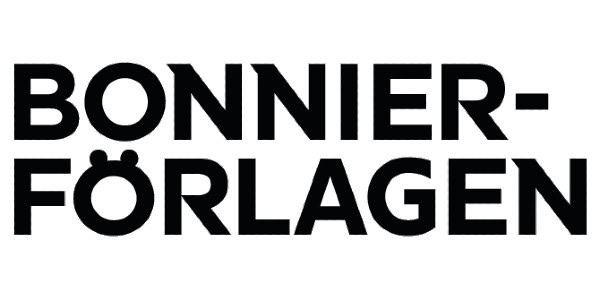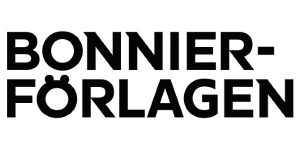
Essays on the Origins of Human Capital, Crime and Income Inequality

| Författare | |
|---|---|
| Förlag | Stockholms universitet |
| Genre | Samhälle, politik och debatt |
| Format | Häftad |
| Språk | Svenska |
| Antal sidor | 198 |
| Vikt | 415 gr |
| Utgiven | 2015-06-25 |
| ISBN | 9789176491249 |
This Ph.D. thesis in Economics consists of four self-contained essays investigating the importance of the early life environment for long-run outcomes and the consequence of immigration for income inequality.
Multigenerational Effects of the 1918-19 Influenza Pandemic on Educational Attainment: Evidence from Sweden uses the 1918-19 influenza pandemic in Sweden as a natural experiment to estimate the effects of a fetal health shock on the children of those who experienced the pandemic as a fetal insult.
Early Childhood Lead Exposure and Criminal Behavior: Lessons from the Swedish Phase-Out of Leaded Gasoline examines the effect of childhood lead exposure on crime by exploiting the variation in childhood lead exposure induced by the Swedish phase-out of leaded gasoline.
Childhood Exposure to Segregation and Long-Run Criminal Involvement: Evidence from the “Whole of Sweden” Strategy presents quasi-experimental evidence on how exposure to immigrant residential segregation during childhood affects male youths’ criminal behavior.
Immigration and Income Inequality in Sweden 1980 to 2011 investigates how much of the rising trend in income inequality in Sweden can be attributed to increased immigration.























